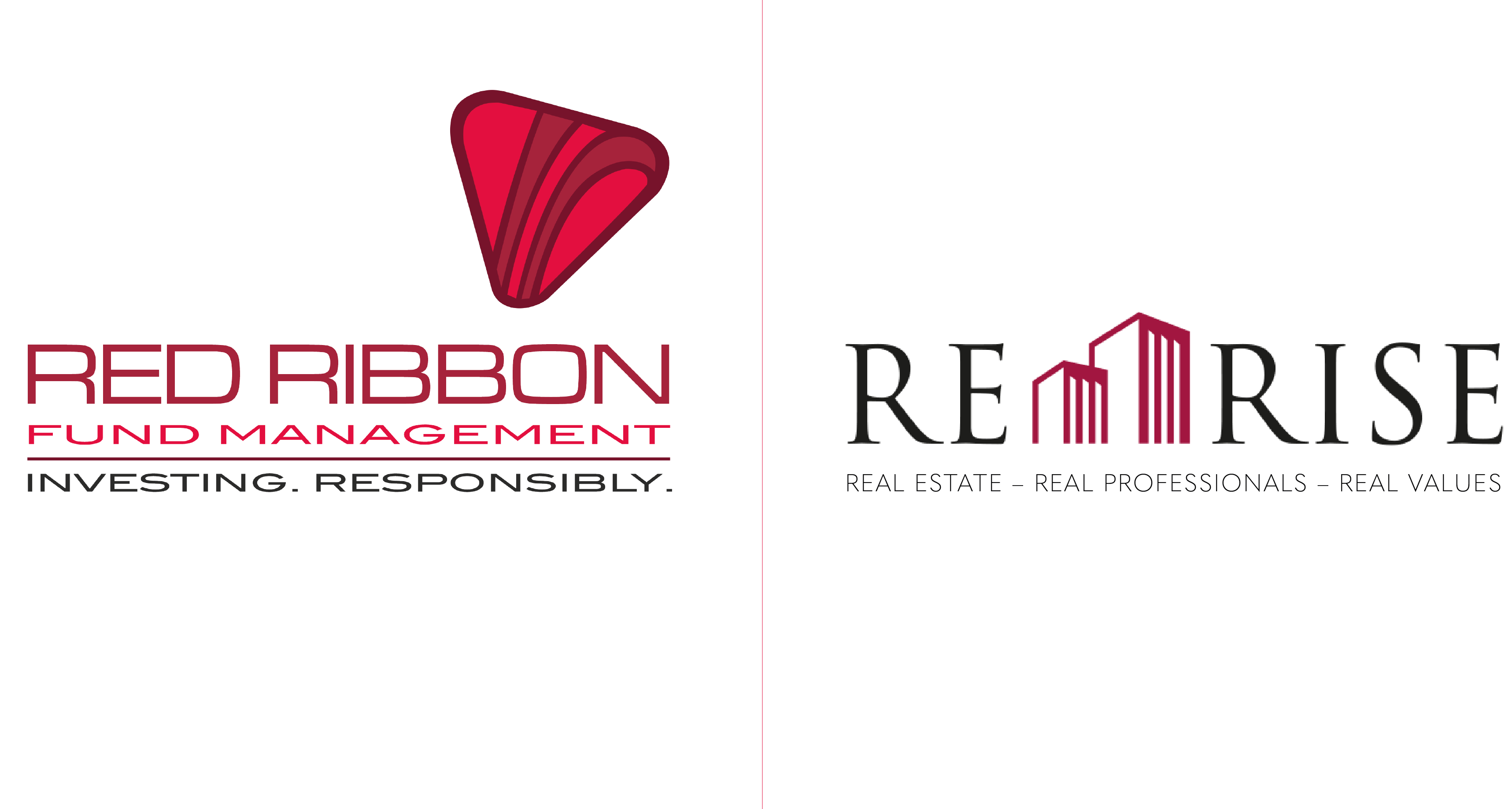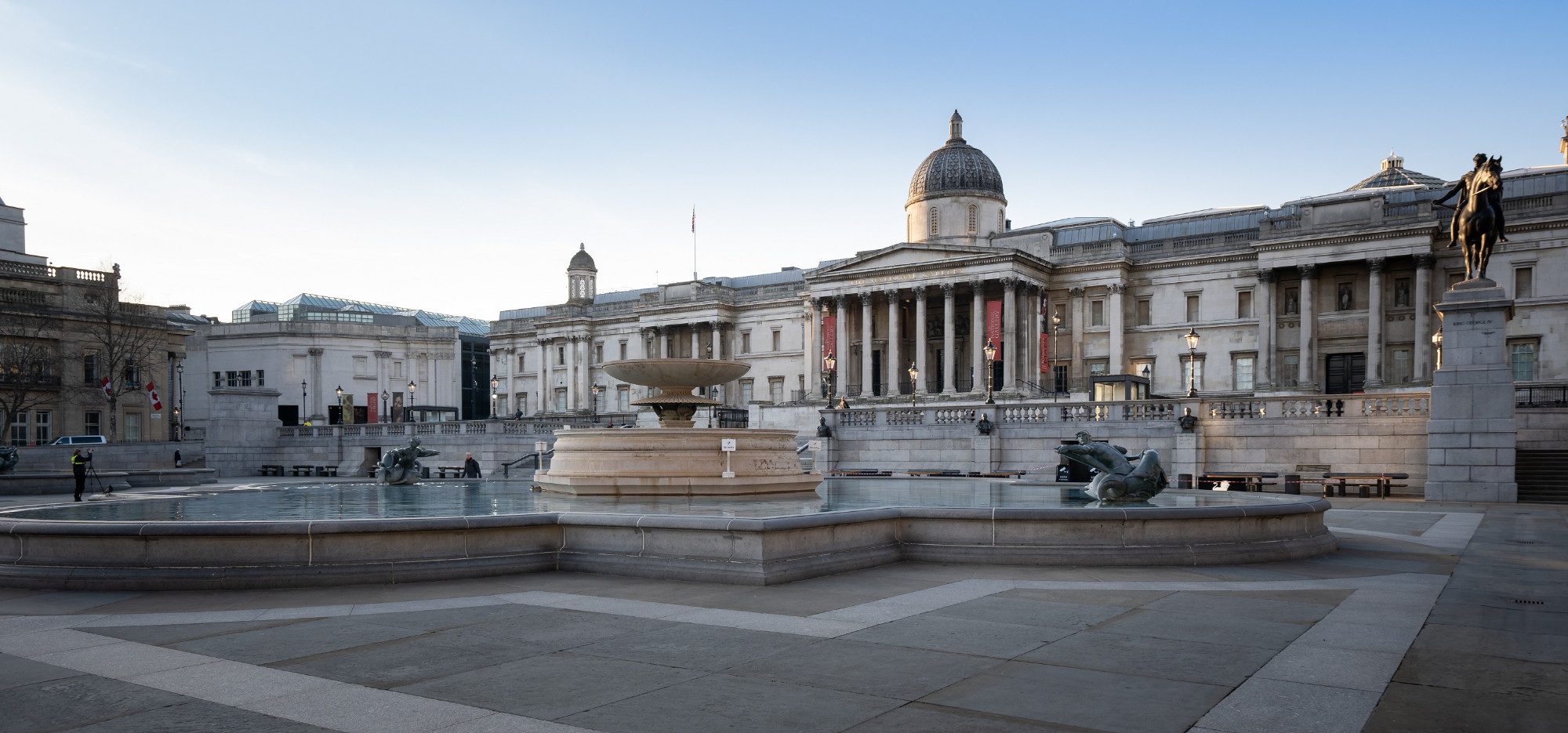For a full twenty days before Diwali is celebrated each year, effigies of Ravana are set on fire all over India and across the world, igniting not only the annual Dusshera celebrations but also a shopping frenzy that can make the most Christmas congested stores in London look like a village fete. And every year these Diwali celebrations seem to get more and more extravagant, but it is fair to say that few of them could bear serious comparison with the particular brand of extravagance being coined annually by Savjibhai Dholakia in India.
Mr Dholakia is a diamond tycoon, running an export business in the thriving city of Surat and this Diwali, just as he has done for the past five years, he will be giving away hundreds of cars and apartments to his employees: 1,260 cars and 400 apartments to be precise. And for those of his unlucky employees who fail to get either, there are consolation gifts in the form of gold and diamond jewellery (as you might expect, given Mr Dholakia’s line of work).
Savjibhai Dholakia’s ambition is to give every member of his company a new home and a new car before the next five years are out, and it comes with a price tag of $7 Million a year for the company. Nice work if you can get it…. and it certainly makes a change from the box of sweets most employees can expect to receive at this time of year.
But whilst it is certainly true that Diwali gifts have become increasingly extravagant and exuberant over the years (as you might expect in this, the fastest growing large economy in the world), the unwelcome fact is that celebrations on a great day are starting to take an increased toll on the subcontinent’s environment as well.
As we noted on this site last year, there is growing concern about increased air pollution caused by the enormous number of fireworks being set off above major conurbations in India at this time of year: serious health issues have been attributed to the presence of a heavier than average accumulation of particulate air matter both on the day of Diwali and over successive days. This, together with other environmental concerns, have led to interested groups across the subcontinent to come forward to suggest more eco-friendly ways of celebrating Diwali and here, for what they are worth, are the top tips as we approach 19th October:
- Buy eco-friendly firecrackers, made from recycled paper and, if possible, those which produce less smoke than light: noise limited firecrackers (with a 125 – 145-decibel limit) are specifically made to produce much more light for your buck, so check the label;
- Consider using earthen lamps rather than their electrified versions (which are usually made of non-recyclable plastic and consume a lot more power: earthen lamps can be recycled, and they look more attractive too;
- Use natural organic colours, flowers or cereals when making traditional Rangoli Designs (instead of shop bought, chemical-based variants).
But most of all, however you choose to celebrate the great day, have a wonderful time.
Happy Diwali from everybody at Red Ribbon!




